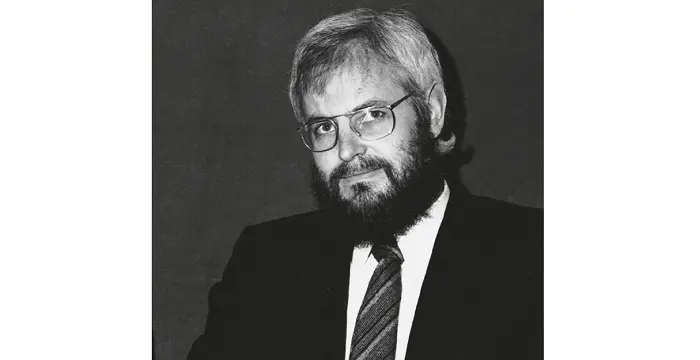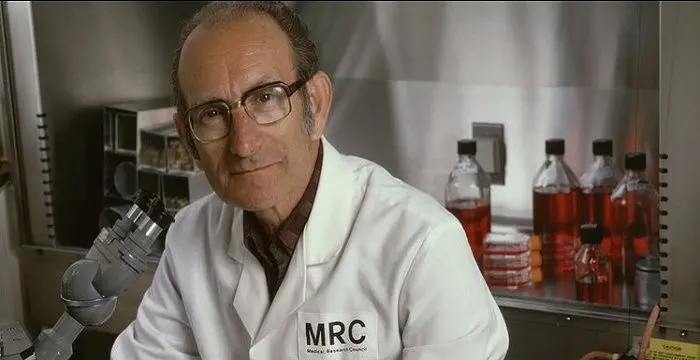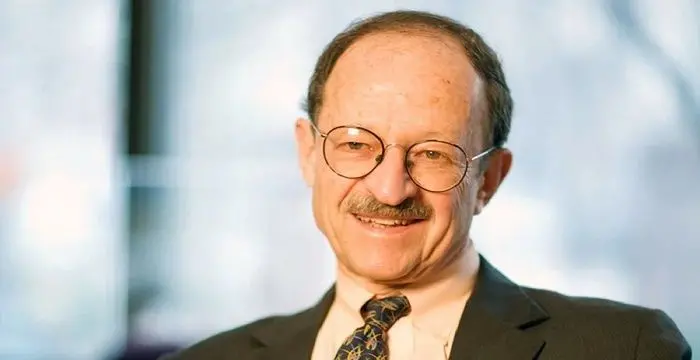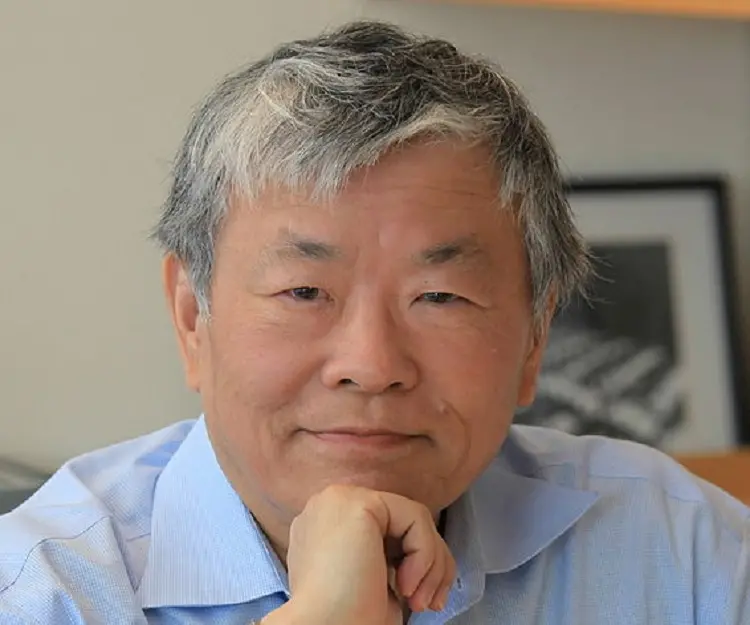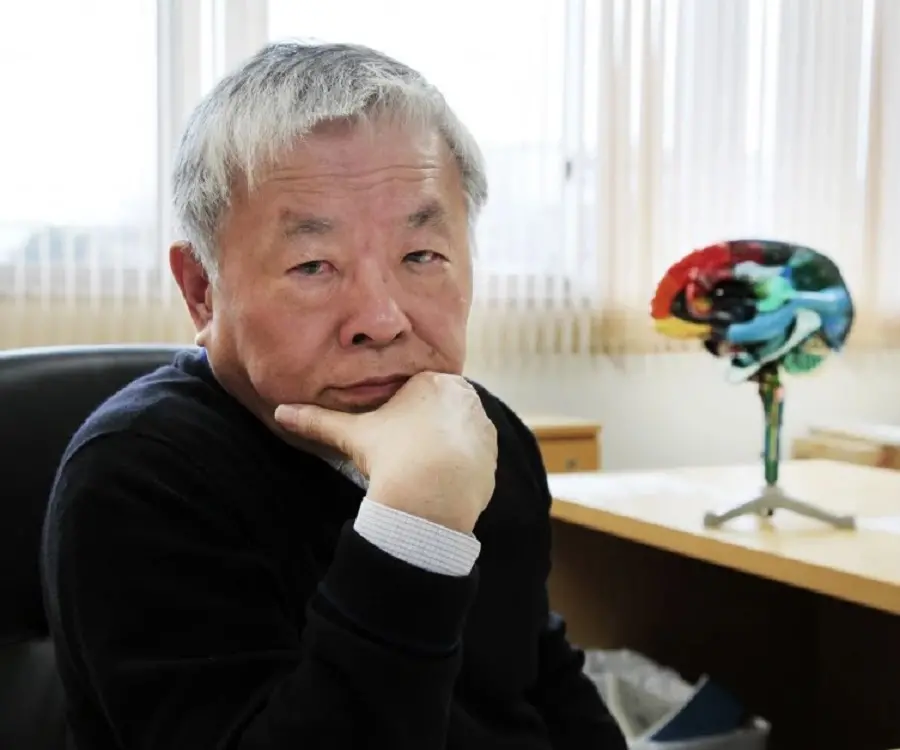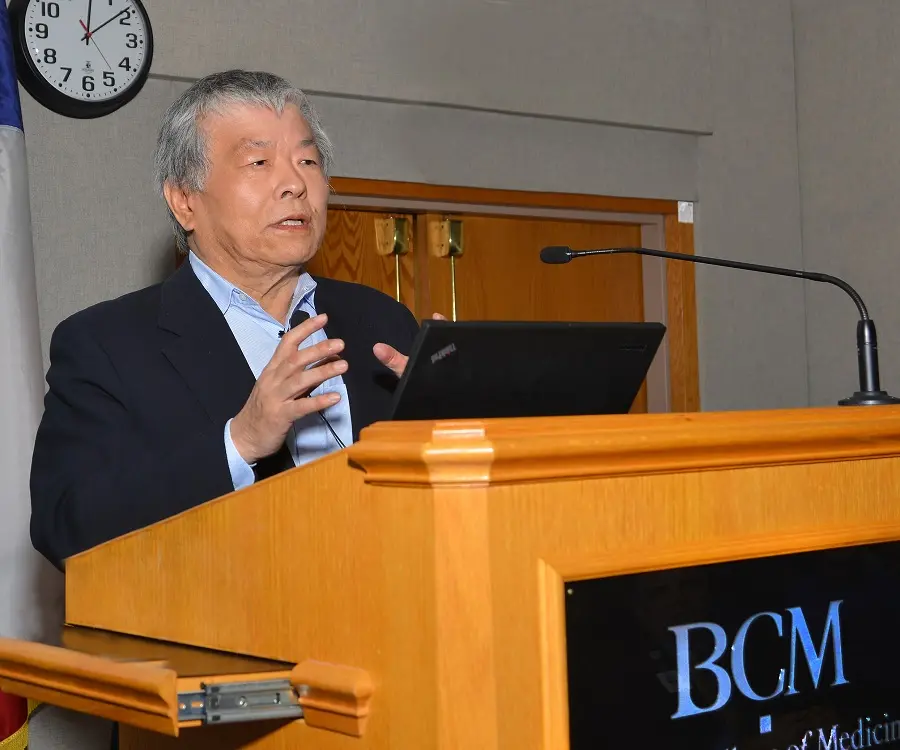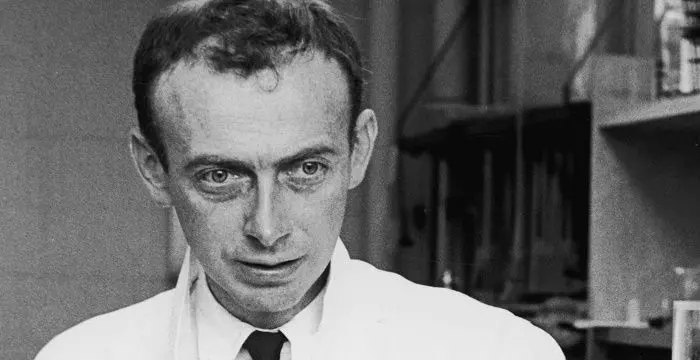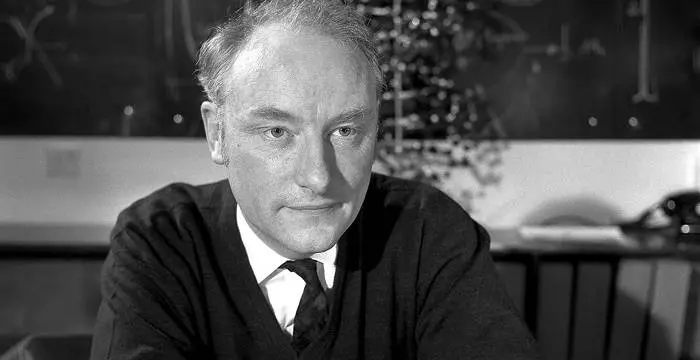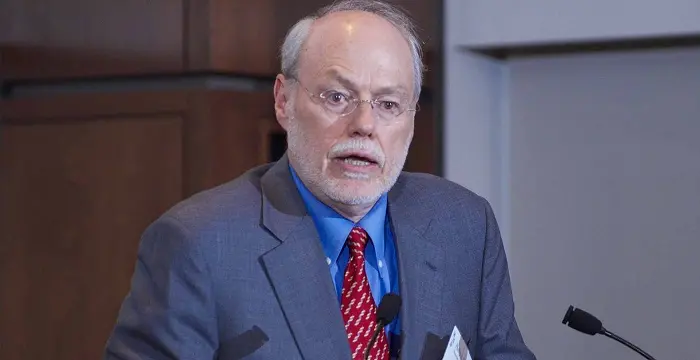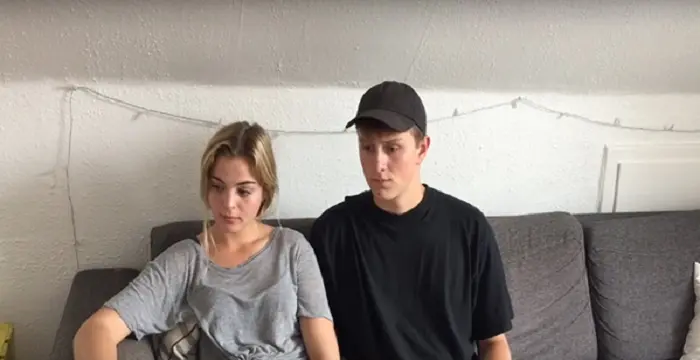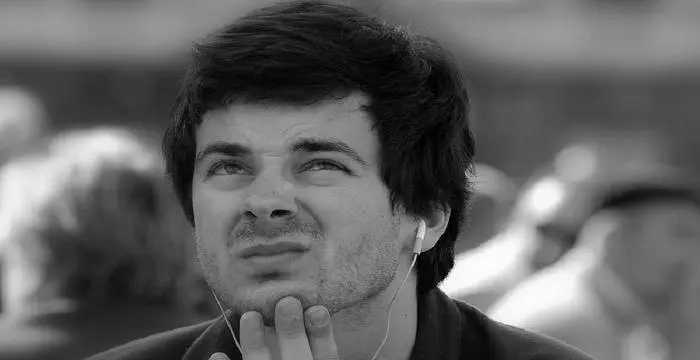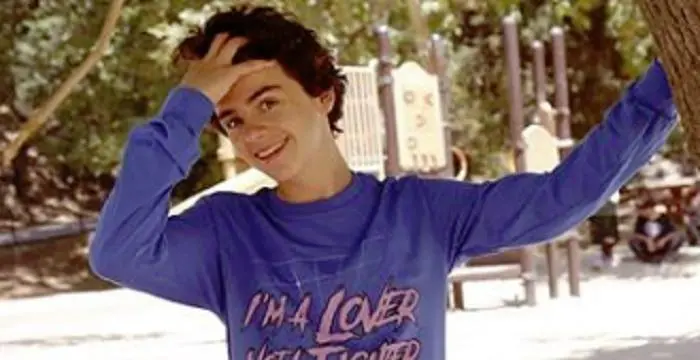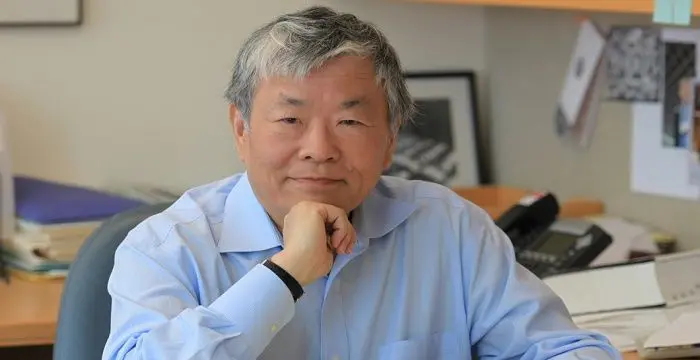
Susumu Tonegawa - Scientists, Family and Childhood
Susumu Tonegawa's Personal Details
Susumu Tonegawa is a Japanese molecular biologist who was awarded the Nobel Prize for Physiology or Medicine in 1987
| Information | Detail |
|---|---|
| Birthday | September 6, 1939 |
| Nationality | Japanese |
| Famous | Scientists, Immunologists, Molecular Biologists |
| Spouses | Mayumi Yoshinari Tonegawa |
| Childrens | Satto Tonegawa |
| Universities |
|
| Notable Alumnis |
|
| Birth Place | Nagoya, Aichi Prefecture, Japan |
| Gender | Male |
| Sun Sign | Virgo |
| Born in | Nagoya, Aichi Prefecture, Japan |
| Famous as | Immunologist, Molecular Biologist |
// Famous Immunologists
Georges J. F. Kohler
Georges J. F. Kohler was a German immunologist who received the Nobel Prize in Physiology or Medicine in 1984. Check this biography to get details about his life, profile and timeline.
Cesar Milstein
Cesar Milstein was an Argentinian biochemist who received the Nobel Prize for his discovery of monoclonal antibody. Explore this biography to get details about his life, career and scientific discoveries.
Harold E. Varmus
Harold E. Varmus is an American scientist who won a share of the 1989 Nobel Prize in Physiology or Medicine. This biography of Harold E. Varmus provides detailed information about his childhood, life, achievements, works & timeline.
Susumu Tonegawa's photo
Who is Susumu Tonegawa?
Susumu Tonegawa is a Japanese molecular biologist who was awarded the Nobel Prize for Physiology or Medicine in 1987. Renowned for his discovery of the genetic mechanism that produces antibody diversity, his work elucidated the genetic mechanism of the adaptive immune system. A molecular biologist by training, he changed fields and ventured into immunology studies before again changing fields to neuroscience. Born in Nagoya as the son of an engineer, he grew up in rural towns, enjoying the space and freedom of the countryside. He was sent to a high school in Tokyo where he developed an interest in science. It was during the years he spent at the Kyoto University that he became fascinated with operon theory after reading papers by François Jacob and Jacques Monod. He eventually moved to the University of California in the United States to pursue his doctorate. From there he went to the Basel Institute for Immunology in Switzerland where he performed pioneering work in immunology, and discovered the genetic mechanism that produces antibody diversity. For this seminal work he was honored with several prestigious awards including the Louisa Gross Horwitz Prize and the Nobel Prize for Physiology or Medicine. He devoted the later years of his career to research in neuroscience, examining the molecular, cellular and neuronal basis of memory formation and retrieval.
// Famous Molecular Biologists
James Watson
James Watson is an American molecular biologist and geneticist who played a crucial role in the discovery of the molecular structure of D.N.A. This biography provides detailed information about his childhood, life, achievements, works & timeline
Francis Crick
Francis Crick was an English molecular biologist, biophysicist and neuroscientist, who received the Nobel Prize for Medicine. This biography profiles his childhood, life, career, achievements and timeline.
Philip Allen Sharp
Philip Allen Sharp is an American geneticist and molecular biologist who co-discovered RNA splicing. Check out this biography to know about his childhood, life, achievements, works & timeline.
Childhood & Early Life
Susumu Tonegawa was born in Nagoya, Japan, on 6 September 1939, as one of the four children in his family. His father was an engineer working for a textile company and his job required him to move the family to new locations every few years. The children had an enjoyable childhood, living in different small towns in the countryside.
His parents were particular that the children get a good education. He attended the prestigious Hibiya High School in Tokyo and joined the University of Kyoto in 1959. During his university days, he read papers by the famed biologists François Jacob and Jacques Monod which instilled in him an interest in molecular biology, and more specifically in operon theory.
After graduating from Kyoto University in 1963 he moved to the Unites States as Japan presented limited scope for the study of molecular biology. He joined the University of California, San Diego (UCSD) to do his doctorate study under Dr. Masaki Hayashi. He received his Ph.D. in 1968 with a thesis project on the transcriptional control of phage lambda.
Career
Following the completion of his doctorate, he remained in Professor Hayashi's laboratory as a postdoctoral fellow working on the morphogenesis of a phage until 1969. He then moved to the Salk Institute in San Diego in the laboratory of Renato Dulbecco to continue his postdoctoral work.
Dulbecco encouraged Tonegawa to go to Switzerland and the young man joined the Basel Institute for Immunology in Basel in 1971. Here he transitioned from molecular biology into immunology studies.
In the 1970s he performed significant research in immunology. By applying the newly devised recombinant DNA techniques of molecular biology to immunology, he showed that genetic material rearranges itself to form millions of antibodies.
In 1981, he returned to the United States to become a professor of biology at the Center for Cancer Research at the Massachusetts Institute of Technology (MIT). Continuing his research, he discovered a transcriptional enhancer element associated with antibody gene complex, the first cellular enhancer element.
In the 1990s, he developed an interest in neuroscience. Along with his team he pioneered introductory transgenic and gene-knockout technologies in mammalian systems. He discovered the enzyme CaMKII (1992) and a synaptic protein NMDA receptor (1996), which plays crucial roles in memory formation.
In 1994,, he was appointed as the first Director of the MIT Center for Learning and Memory (now the Picower Center for Learning and Memory). He resigned as the director in 2006 and currently serves as a Picower Professor of Neuroscience and Biology.
He adopted optogenetics and biotechnology in neuroscience research and performed groundbreaking work which led to the identification and manipulation of memory engram cells. He also performed very significant work concerning the role of the hippocampus in the processes of memory formation and recall.
In his seventies now, he continues to be active in research and has recently uncovered the role of memory engram cell ensembles in memory valence and shed light on their role in brain disorders such as depression, amnesia, and Alzheimer’s disease.
Major Works
Susumu Tonegawa is internationally acclaimed for his work in antibody diversity. By performing a series of experiments in the 1970s, he found the answer to the immunological question that had baffled scientists for years: how antibody diversity is generated. He demonstrated that genetic material can rearrange itself to form the vast array of available antibodies.
Awards & Achievements
In 1982, Susumu Tonegawa was honored with the Louisa Gross Horwitz Prize for Biology or Biochemistry.
In 1987, he was awarded the Nobel Prize in Physiology or Medicine "for his discovery of the genetic principle for generation of antibody diversity."
The UCSD bestowed upon him the David M. Bonner Lifetime Achievement Award in 2010.
Personal Life & Legacy
Susumu Tonegawa is twice married. His first marriage was to Kyoko which ended in divorce. He tied the knot for the second time with Mayumi Yoshinari, who worked as an NHK (Japan Broadcasting Corporation) director/interviewer and is now a freelance science writer. The couple has three children.
// Famous Scientists
Juliane Koepcke
Juliane Koepcke is a German-Peruvian biologist, who was the lone survivor among the 92 passengers and crew of the ill-fated LANSA Flight 508 that crashed in the Peruvian rainforest on 24 December 1971. Know more about her life in this biography.
Henry Cavendish
Henry Cavendish was a theoretical chemist and physicist, renowned for discovery of hydrogen and calculation of the mass of earth. To know more about his childhood, profile, timeline and career read on
Konstantin Tsiolkovsky
Konstantin Tsiolkovsky was a Russian rocket scientist and a pioneer of astronautics. This biography provides detailed information about his childhood, family, personal life, career, achievements, etc.
Susumu Tonegawa's awards
| Year | Name | Award |
|---|---|---|
Other | ||
| 1986 | Robert Koch Prize | |
| 1982 | Louisa Gross Horwitz Prize | |
| 0 | 1987 - Nobel Prize in Physiology or Medicine | |
| 0 | 1983 - Gairdner Foundation International Award | |
| 0 | 1987 - Albert Lasker Award for Basic Medical Research | |
Susumu Tonegawa biography timelines
- // 6th Sep 1939Susumu Tonegawa was born in Nagoya, Japan, on 6 September 1939, as one of the four children in his family. His father was an engineer working for a textile company and his job required him to move the family to new locations every few years. The children had an enjoyable childhood, living in different small towns in the countryside.
- // 1959His parents were particular that the children get a good education. He attended the prestigious Hibiya High School in Tokyo and joined the University of Kyoto in 1959. During his university days, he read papers by the famed biologists François Jacob and Jacques Monod which instilled in him an interest in molecular biology, and more specifically in operon theory.
- // 1963 To 1968After graduating from Kyoto University in 1963 he moved to the Unites States as Japan presented limited scope for the study of molecular biology. He joined the University of California, San Diego (UCSD) to do his doctorate study under Dr. Masaki Hayashi. He received his Ph.D. in 1968 with a thesis project on the transcriptional control of phage lambda.
- // 1969Following the completion of his doctorate, he remained in Professor Hayashi's laboratory as a postdoctoral fellow working on the morphogenesis of a phage until 1969. He then moved to the Salk Institute in San Diego in the laboratory of Renato Dulbecco to continue his postdoctoral work.
- // 1971Dulbecco encouraged Tonegawa to go to Switzerland and the young man joined the Basel Institute for Immunology in Basel in 1971. Here he transitioned from molecular biology into immunology studies.
- // 1981In 1981, he returned to the United States to become a professor of biology at the Center for Cancer Research at the Massachusetts Institute of Technology (MIT). Continuing his research, he discovered a transcriptional enhancer element associated with antibody gene complex, the first cellular enhancer element.
- // 1982In 1982, Susumu Tonegawa was honored with the Louisa Gross Horwitz Prize for Biology or Biochemistry.
- // 1987In 1987, he was awarded the Nobel Prize in Physiology or Medicine "for his discovery of the genetic principle for generation of antibody diversity."
- // 1992 To 1996In the 1990s, he developed an interest in neuroscience. Along with his team he pioneered introductory transgenic and gene-knockout technologies in mammalian systems. He discovered the enzyme CaMKII (1992) and a synaptic protein NMDA receptor (1996), which plays crucial roles in memory formation.
- // 1994 To 2006In 1994,, he was appointed as the first Director of the MIT Center for Learning and Memory (now the Picower Center for Learning and Memory). He resigned as the director in 2006 and currently serves as a Picower Professor of Neuroscience and Biology.
- // 2010The UCSD bestowed upon him the David M. Bonner Lifetime Achievement Award in 2010.
// Famous Virgo Celebrities peoples
Temple Grandin
Temple Grandin is a well-known American writer, autistic activist and animal expert. This biography profiles her childhood, life, achievements, career and timeline
Alex Holtti
Check out all that you wanted to know about Alex Holtti, the famous Danish Viner & YouTuber; his birthday, his family and personal life, his girlfriends, fun trivia facts and more.
Benjamin Atkinson
Benjamin Atkinson is the son of the world-renowned British actor and comedian, Rowan Atkinson. Check out this biography to know about his childhood, family, personal life, including his age, birthday, etc.
Jack Dylan Grazer
Jack Dylan Grazer is an American actor known mainly for his performance in the movie version of ‘Stephen King’s novel ‘It.’ Check out this biography to know about his childhood, family, personal life, birthday, etc.
Ted Williams
Ted Williams was an American baseball player. Read this biography to learn more about his profile, childhood, life and timeline.
Mia Diaz
All about American dancer and actor Mia Diaz, including her age, family life, birthday, boyfriends, net worth, and some fun facts.
Susumu Tonegawa's FAQ
What is Susumu Tonegawa birthday?
Susumu Tonegawa was born at 1939-09-06
Where is Susumu Tonegawa's birth place?
Susumu Tonegawa was born in Nagoya, Aichi Prefecture, Japan
What is Susumu Tonegawa nationalities?
Susumu Tonegawa's nationalities is Japanese
Who is Susumu Tonegawa spouses?
Susumu Tonegawa's spouses is Mayumi Yoshinari Tonegawa
Who is Susumu Tonegawa childrens?
Susumu Tonegawa's childrens is Satto Tonegawa
What was Susumu Tonegawa universities?
Susumu Tonegawa studied at University Of California, San Diego (UCSD)
What was Susumu Tonegawa notable alumnis?
Susumu Tonegawa's notable alumnis is University Of California, San Diego (UCSD), University Of California, San Diego (UCSD)
What is Susumu Tonegawa's sun sign?
Susumu Tonegawa is Virgo
How famous is Susumu Tonegawa?
Susumu Tonegawa is famouse as Immunologist, Molecular Biologist
